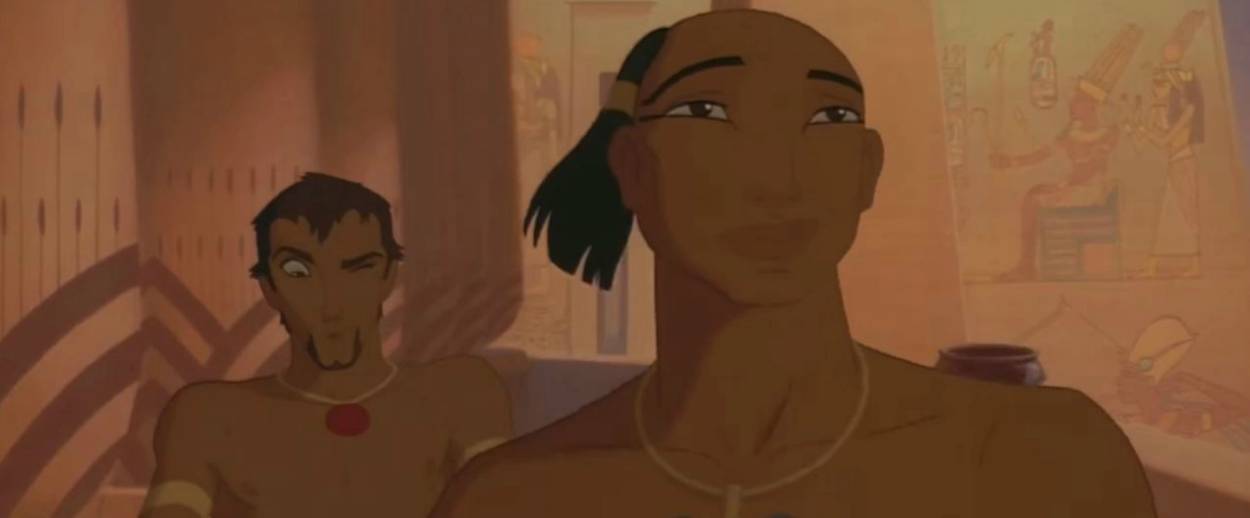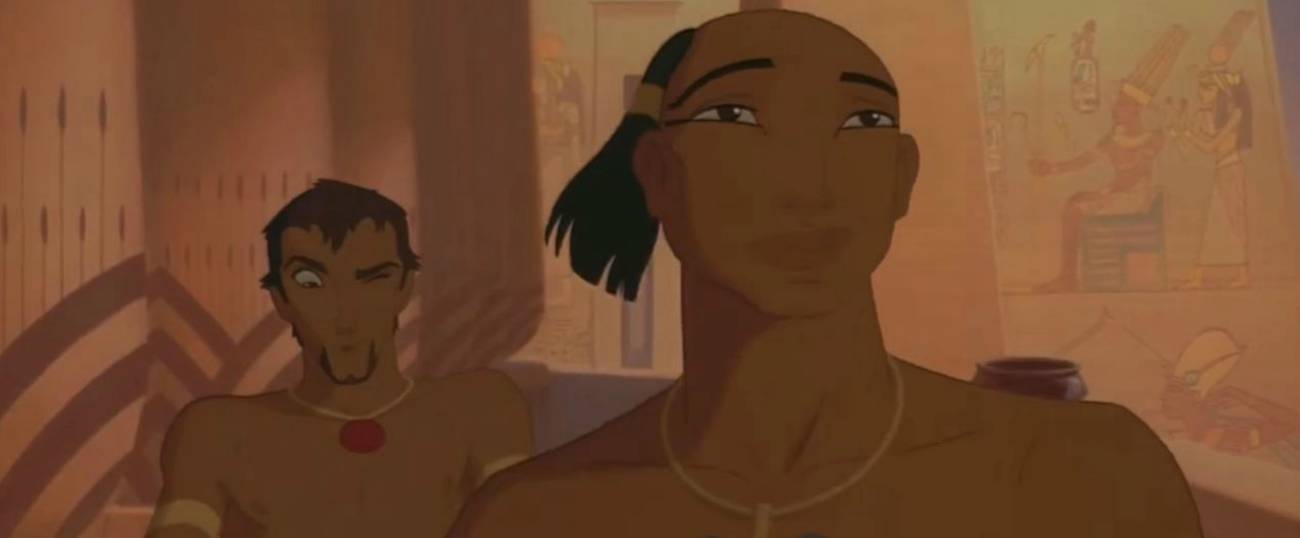Upcoming ‘Prince of Egypt’ Musical Raises Issues About Diversity in Casting
A stage adaptation in Long Island of the animated film ‘The Prince of Egypt’ is stirring some controversy over its mostly white cast




Did you know that the Bay Street Theater in Sag Harbor, Long Island, is developing a stage production of the 1998 animated musical film The Prince of Egypt? Producers have put together a star-studded cast and plan to have a free concert in August to promote the adaptation. But theater professionals, including prominent actors, have called out the production for having a mostly white cast, despite the story being set in the ancient Middle East. “The event,” reported The New York Times, “will be the first time the full script and score have been heard by the public.”
The director of this show is Scott Schwartz (the last name is not a coincidence; his father Stephen wrote the film’s songs). He responded to the controversy in part by pointing out that the ensemble is not entirely white (despite rumors to the contrary), and that it’s only about two-thirds white. He neglected to mention however is that the non-white actors are of the ensemble, rather than the principal actors: Moses, Ramses, and Miriam, for example, are all white.
The Prince of Egypt is not only one of the best animated films ever made, but also one of the best religious movies of all time. Everything from the effects to the music to the pacing and emotional heart of the story, is the stuff of masterful filmmaking. In a progressive move at the time showing their care of detail, producers even worked with literally hundreds of members of various faiths from all around the world to try to be sensitive to the Biblical narrative.
This sensitivity went further when one of its many wonderful features is that the characters onscreen actually look Middle Eastern. Moses does not look like Charlton Heston; he looks brown.
One of the only flaws of the film was that the voice cast was overwhelmingly white (Chris Rock once had a bit at the Oscars about animation: “If you’re a white man you can play an Arabian prince, and if you’re a black man you can play a donkey or a zebra”). In fact, it would actually seem that this stage production used the film as a blueprint for casting by race; Jethro is the only black person among the show’s principle characters in Sag Harbor, and in 1998 he was voiced by Danny Glover (and black Broadway great Brian Stokes Mitchell, for singing).
This controversy is only the latest in ongoing debates about representation in the theater world. For example, a Chicago production of Evita recently came under fire for having only one Latino actor. And of course, 2014’s Exodus: Gods and Kings came under fire from pretty much all sides, including those who decried the film’s whitewashing of Middle Eastern characters.
How quickly progress moves. A few years ago, no one would have bat an eye at this Prince of Egypt cast. In fact, there was a musical adaptation of The Ten Commandments that played Los Angeles in 2004; Val Kilmer, despite his lack of singing ability, was Moses, presumably because he played that role (sans singing) in The Prince of Egypt. (Actually, a pre-American Idol Adam Lambert, who is Jewish, played Joshua in that production, and he was great.) Despite the mostly white cast, there was no controversy then. Plus, over the last year or so, Broadway got a taste of better diversity with the likes of Hamilton and a Tony awards night honoring several people of color. Producers of this show didn’t seem to realize that they were pushing against forward-moving momentum.
As for it being a story about Hebrews, are there any Jewish actors in this concert? None that I recognize, though non-Jewish actor John Cariani, who once played Motel in Fiddler on the Roof on Broadway, has now been nebbish-ly typecast as Aaron. Still, it’s more important to cast people of color than Jewish actors (though these are not mutually exclusive), since many Jewish actors can appear in theater pieces that seek out white performers. But for the next time around, why not cast Jewish, non-white actors? Believe it or not, Daveed Diggs isn’t the only great Jew of color in the business.
Once the dust settles, can this show recover and make it to the Great White Way? Hey, the originally animated Anastasia is coming to Broadway this year, so anything is possible. But if this show wants to move forward in a serious way, it should rethink its casting processes. Schwartz has vowed that he has learned a valuable lesson from all this. Great, though the goal should be that everyone be more sensitive when in a position of power in the theater.
Gabriela Geselowitz is a writer and the former editor of Jewcy.com.